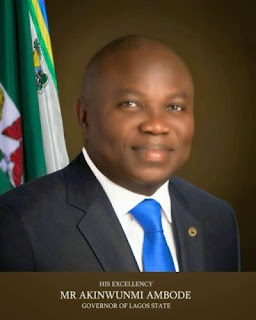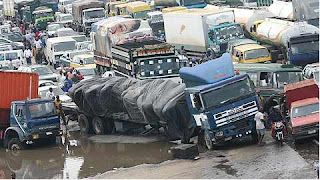Fuel Crisis and Implications on Lagos Traffic By Chigozie Chikere

The school of Lagos-watchers that keep an eye on the city’s traffic management chiefly out of a morbid fear of decline or of possible worst-case scenario has taken on new adherents of late. For signs are mounting that the stakeholders’response to the revolutionary measures taken by Governor Akinwunmi Ambode less than a week after his inauguration to tackle the Apapa gridlock has slowed – or even, some say, gone into reverse. Though the governor and his team have continued in a most civil manner to confront the menacing situation by experimenting on a range of time-honoured strategies including consultations with stakeholders and inspection tours to black spots, the chief worry is that the situation goes beyond what a state can handle. It is connected to fuel scarcity,which obviously reflects the failure of a nation to harness and effectively manage her natural resources. What started as crawling traffic in and out of the Tin-Can Island ports, the tank farms, the factories, a


